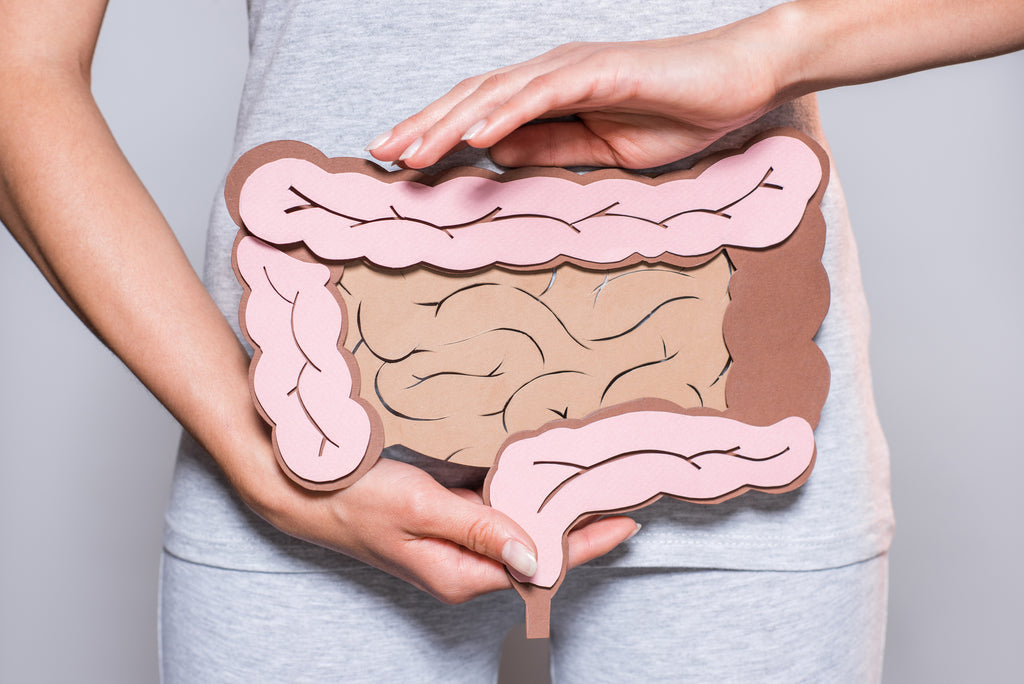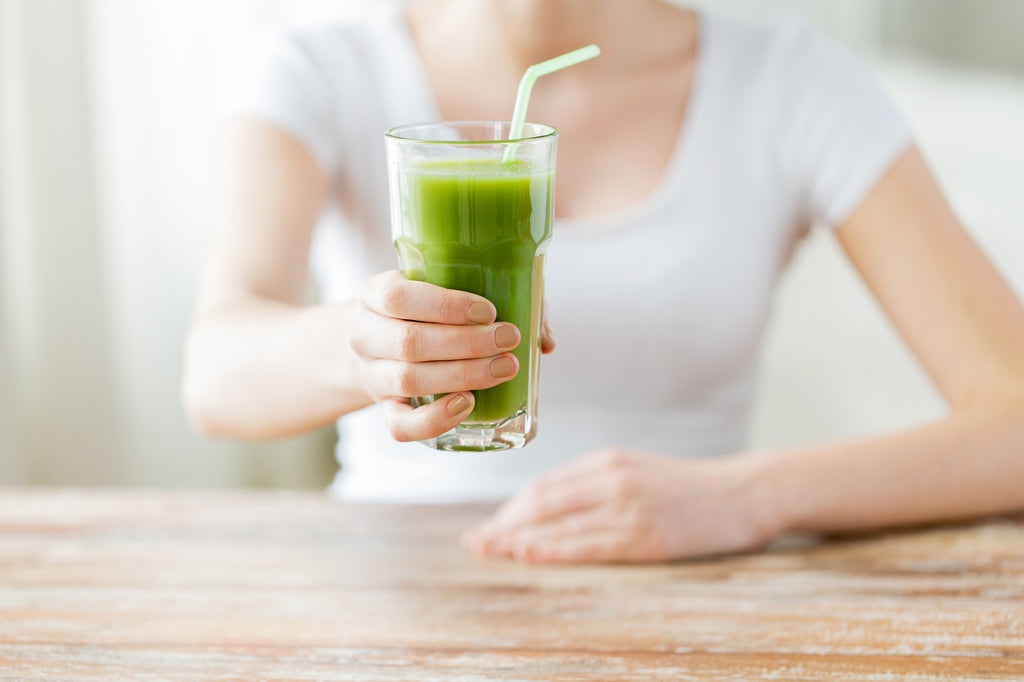Acidity is one of the most contentious and revered characteristics of coffee. If you have been apart of the coffee culture for a long time, you are probably familiar with questions like "is coffee acidic or alkaline?" or "how acidic is coffee?
If you are one of these individuals wondering is coffee an acid or base, fear no more. All these questions will be answered in this article and hopefully, it will clear up the confusion.
Is Coffee Acidic?

Before we get into the discussion of is coffee acidic or alkaline, let's look at the scale that measures these aspects: the pH. A pH of 7 is considered neutral i.e. it is the pH of natural water. Any value above it is alkaline and the one below it is acidic.
Is coffee an acid or base? It's definitely acidic with a pH of 4.85 to 5.10 [1] And how acidic is coffee? Well, that really depends on the type of coffee you are using.
The natural coffee beans, from which coffee is derived, consist of at least 850 different types of compounds, each of which contributes to its specific aroma and taste. Out of these compounds, nine major types of acid contribute to the acidic nature of coffee. These include citric, lactic, acetic, malic, palmitic, quinic, chlorogenic, phosphoric, and linoleic acids. [2]
But not all of these acids in coffee are the culprits behind its acidity. Some of them have other important functions as well. For instance, malic acid and phosphoric acid add sweetness to the coffee, and citric acid is behind that subtle tartness that you often experience.
Similarly, chlorogenic acid helps induce weight loss in the coffee drinkers. [3] The same acid is also behind the bitterness of the coffee and because of this reason, many people assume that it's chlorogenic acid makes coffee acidic, but it's actually not.
The main culprit behind the strong acidic nature of coffee is none other than quinic acid which is produced as the coffee degrades, especially when you leave it on a burner or a hot plate. Remember the burned, bitter flavor coming from an old breakroom coffee? That is quinic acid and it has multiple negative effects on your gut and is also behind the coffee and leaky gut connection. We will get to that in the later sections of the article.
Deciding the Acidity Level of Coffee

Not all coffees have the same level of acidity in them. There are multiple factors that directly or indirectly impact their acidic nature. We will now discuss the characteristics of a highly acidic and less acidic coffee in terms of region, roasting, processing method, brewing method, and ground size.
More Acidic Types of Coffee
Beware of any coffee that possesses the following characteristics for it may be highly acidic, and, therefore, harmful for your digestive system.
Region
The climate and region where the coffee beans are grown play a huge role in determining the acidity levels in the coffee. Generally, coffee beans that are grown at high altitudes have more caffeine and organic acid. Ethiopian coffee is a common example of this case.
Processing Method
There are multiple ways of processing coffee beans. The preferred method of processing can also determine the level of acidity in a particular coffee type. Normally, there are three processes used commonly for processing of coffee beans: wet processing, dry processing, and semi-washed processing. The types of coffee that undergo wet processing usually have a higher acidity level.
Roasting Method
The roasting process also plays an important role in determining the level of acidity in coffee. This is because most acids in the coffee beans are broken down during this process. As a rule of thumb, remember that all types of coffee that are lightly roasted tend to be more acidic.
Brewing Method
When you extract coffee through a high-temperature method, an espresso machine, for example, certain chemical reactions take place that increases its acidity. Similarly, a shorter brewing time also tends to increase the acidity of coffee. [4]
Ground size
All coffees with finer grind will make a more acidic cup of coffee.

Types of coffee that is less acidic
All types of coffee with the features mentioned below are less acidic and can be used safely.
Region
The coffee beans grown at low elevations mostly have a mellow and smooth flavor. However, if you wish to get the best coffee with low acidity, aim for the ones coming from medium to low elevations, for instance, Brazil, Central America, and Indonesia.
Processing Method
The types of coffee produced with dry processing, such as in countries with hot climates like Africa, are less acidic.
Roasting Process
The longer you roast coffee beans, the lower the levels of caffeine and acids become. As a result, dark roast coffee beans are less acidic than medium or light roast beans. [5]
Certain companies have started using proprietary methods of roasting to achieve low acidic levels. These methods include slow roasting or steaming the beans. So try looking for coffees that have undergone these processes if you wish to keep your acidity in check.
Brewing Method
The types of coffee that have undergone immersion brewing methods are generally less acidic. Some popular immersion methods include cold brewing methods, Chemex pour-over brewing, and French Press brewing.
Research has also found that cold-brewed coffee tends to have low levels of acidity as compared to hot coffee. [6]
Ground size
Smaller ground size of coffee beans means a larger surface area as compared to the volume. This results in higher extraction of acids from the coffee beans during the brewing process. As a result, the coffee produced has low acidic levels. [7]
What Does Acid do to Your Gut Flora?

While the pH of most parts of your body is acidic, it does not justify the overconsumption of acidic beverages like coffee as they can significantly harm the gut flora. Caffeine, a major component of coffee, is a potential trigger for high acidity in some people. In some cases, it can even trigger the symptoms of gastroesophageal reflux disease in which your heart burns because of high acidity.
These frequent bouts of heartburn are actually trying to tell you that bigger things might be happening inside your body, particularly in your gut. The popular term 'leaky gut' is often used when you persistently suffer from symptoms like diarrhea, constipation, bloating, heartburn, and gas. All of these symptoms signify a high acidity level which has consequently disrupted the gut flora leading to these digestive issues.
So the next time someone asks you "is coffee bad for gut health?" make sure your answer is a solid yes. Coffee destroys gut flora due to its acidic nature and can set you off on a long, terrible journey with lots of digestive issues.
How to Balance Your Gut's pH

If you are a coffee lover who fears that drinking too much of your favorite beverage may throw your gut off-balance, here are some tips.
Try Lemon Water
While lemons are naturally more acidic, lemon water is more alkaline. So drench all your body cells in alkalinity every morning by having two cups of lukewarm water with one-fourth freshly -squeezed lemon.
Say Yes to Greens
You will be surprised to know how many vegetables you need to consume on a daily basis just to maintain a healthy pH. Therefore, start working now. Try to incorporate as many organic, non-GMO veggies in your daily diet. Some great examples include spinach, zucchini, kale, broccoli, cucumbers, sprouts, and peppers.
You can also try making green smoothies using these veggies, and enjoy yourself while providing your body with tons of minerals and nutrients.
Exercise More, Sleep Better, and Avoid Chemicals
If you think that it's only your diet that affects the pH of your body, you are mistaken. A lack of exercise and sleep and overloading your body with stress can also generate inflammation and acidity.
Emotional stress is so dangerous that it releases several acid-forming hormones like adrenaline and cortisol in your body which overthrows the balance within minutes. Therefore, you need to keep yourself as relaxed as possible by working out daily, taking small naps, and sleeping adequately.
Throw Away Your Sweeteners
When sugar and artificial sweeteners break down in your body, they make the pH extremely acidic and cause significant damage to your gut bacteria. Therefore, you must avoid these sweeteners, both natural and artificial, at all costs.
The Ending Note
Is coffee acidic? Yes. But is there anything you can do about it? Most definitely
The coffee beans you choose and the way you brew them are the keys to controlling your coffee's acidity. While it is virtually impossible to avoid the acids in coffee, you still have the power to choose the coffee types that are not overwhelmingly acidic. Other than this, you can try multiple natural tips to balance your body's pH so that you might be able to enjoy your favorite beverage without causing much damage to your body.









3 comments
Beware of Low Acid Coffees on the Market! https://ffhdj.com/index.php/BioactiveCompounds/article/view/1303
Only one Low Acid Coffee company was found to actually be low in acid! In fact their pH was found to be above 5.7 – I reached out to the researcher and he told me that brand was Puroast Low Acid Coffee, I tried it and it works :) you should look into this Dr. Danielle! Most studies that look at the acid level differences due to the factors which you cite only mildly change the pH levels on average by +-0.02-0.05
I’ll bet she meant to say pH. It lowers the pH, which means an increase in acidity.
I have a question— does adding milk/cream neutralize the acidity?
Hi….these two statements confuse me. They seem contradictory….
Smaller ground size of coffee beans means a larger surface area as compared to the volume. This results in higher extraction of acids from the coffee beans during the brewing process. As a result, the coffee produced has low acidic levels.
Can someone please explain this better. If fine grind extracts MORE acid, how can the resulting coffee be LOW acidic. I apologize for not understanding this. Thank you!!! I’m REALLY trying to lower the acidity of my body and so this matters to me quite a lot. Thanks again!